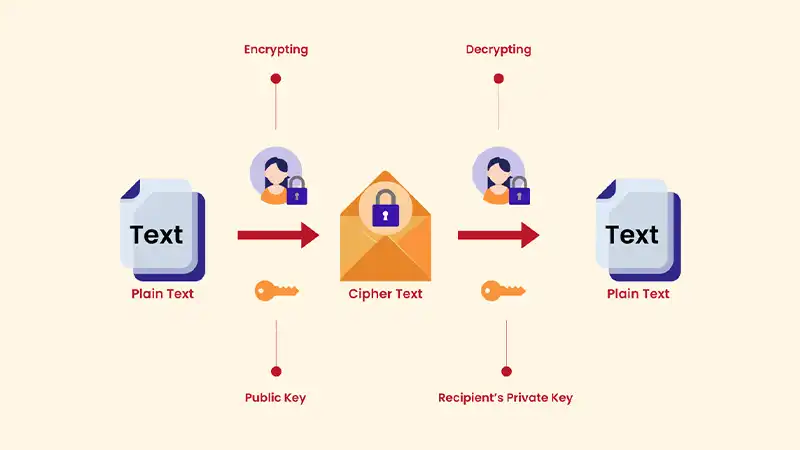The Demise of Traditional Passwords: Embracing a Secure Future with FIDO Authentication
October 15, 2023

In today's digital landscape, traditional password-based authentication has become increasingly vulnerable and obsolete. If your organization and clients are still relying on passwords for online logins, now's the time to reconsider.
With over 60 years serving the community, this outdated method leaves users far from safe online browsing, making them susceptible to various cyber threats, including phishing attacks, brute force attempts, and variable social engineering tactics. Even using password vaults, in-browser password managers, and one-time passwords (OTPs) isn't a foolproof solution for targeted victims. The need for a revolutionary authentication system has never been more apparent.
The Pitfalls of Password-Based Authentication (PBA)
A major drawback of conventional password-based authentication is its practice of storing your credentials on the service provider's server. When these credentials are stored in plain text or are subject to subpar security practices, a single security breach can lead to sensitive data exposure to malicious hackers. This exposure of email addresses also turns users into a prime target for incessant phishing attempts. Given the multitude of vulnerabilities inherent in the current system, the need for a more secure alternative has never been more demanding.
FIDO: A New Era in Authentication
A new promising authentication solution is rising on the horizon—FIDO, which stands for Fast Identity Online. FIDO is a set of open standards developed by the FIDO Alliance, a consortium of leading technology companies, including Google, Microsoft, and Intel. The primary goal of FIDO is to provide a secure and convenient method for users to authenticate themselves online, without relying on traditional passwords.
The FIDO Authentication Concept
FIDO authentication relies on public key cryptography and biometrics, making it highly resistant to attacks. The authentication process is simple and user-friendly, eliminating the need for cumbersome passwords. Instead, FIDO leverages each user's unique biometric data or a secure hardware token to confirm their identity. This means that even if a hacker gains access to a user's account information, they won't be able to log in without his or her physical presence or biometric data.

The Many Benefits of FIDO Authentication
Enhanced Security: FIDO authentication significantly reduces the risk of data breaches and cyberattacks. User credentials are no longer stored on remote servers in plain text, making it nearly impossible for hackers to compromise accounts, especially in man-in-the-middle attacks.
Convenience and User-Friendliness: Say goodbye to the hassle of remembering complex passwords or dealing with password resets. FIDO offers a seamless and user-friendly authentication experience that will uplift your customer's satisfaction.
Resistance to Phishing: These are one of the most common methods used by cybercriminals to steal login credentials. FIDO authentication enhances phishing resistance by ensuring that users are authenticating to the correct website or service. Even if users inadvertently click on a malicious link, their credentials remain secure.
Cross-Platform Compatibility: FIDO authentication is supported by a wide range of devices and platforms, including Windows, Android, macOS, iOS, and major web browsers. This cross-platform compatibility ensures that users can enjoy the benefits of FIDO across various devices and services, making it a versatile and accessible solution.
Industry Support: With major tech giants like Google, Microsoft, and Intel backing FIDO, institutions can trust that this authentication method is here to stay and will be widely adopted across various online services in the near future.

Conclusion
As traditional password-based authentication becomes increasingly risky and inadequate, it's time to embrace the future of online security with FIDO authentication. This innovative approach, championed by the FIDO Alliance, offers a secure and convenient way to protect your online accounts.
By eliminating the vulnerabilities associated with traditional passwords, FIDO is paving the way for a safer digital world. Don't wait until your users' data fall victim to a breach—make the switch to FIDO authentication today.